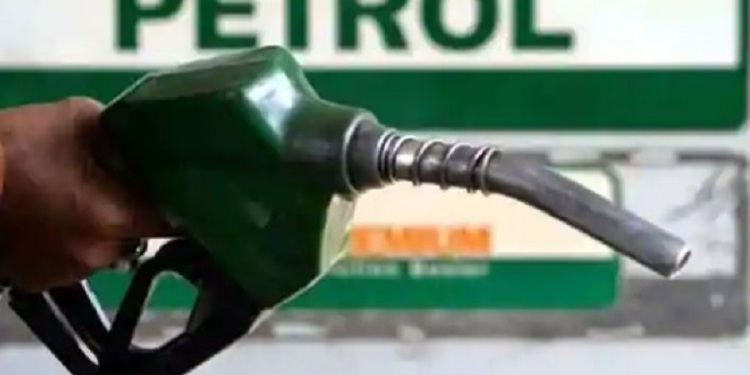Marketers of petroleum products and other downstream industry participants have refuted rumors that the gas pump price at depot locations has been reduced.
Gas stations are still charging the going rate for their products.
Checks conducted by our correspondent at significant depots in Lagos reveal that pricing have remained unchanged as well.
According to a source close to the depot owners, this would not occur today because the exchange rate is still erratic and hiring vessels to transport goods to the depot facilities still costs between $70,000 and $80,000 per day.
Additionally, the source stated that port fees and freight expenses are still paid in US dollars.
Billy Gillis-Harry, national president of PETROAN (Petroleum Products Retail Outlets Owners Association of Nigeria), stated that no such modification has taken place.
“My association is still buying at old prices, and I placed an order for products, and no one has informed me that there is a change,” he stated.
The BOT treasurer, Elder Chinedu Okoronkwo, of the Independent Petroleum Marketers Association of Nigeria, or IPMAN, also refuted the rumors, stating that prices are unchanged for the time being.
The rumors were refuted by a source close to the Major Energy Marketers Association of Nigeria, or MEMAN.
According to the source, Independent Marketers and the Nigerian National Petroleum Company Limited may have an arrangement whereby the marketers source items directly, which might result in this kind of modification.
According to the source, MEMAN’s business strategy involves owning depots and stores, transporting goods from their facilities to dispensing locations, and setting prices.
Independent marketers, on the other hand, purchase from depots and transfer to individual filling stations. Third-party transactions raise the price of their products slightly, but this could alter if they purchase directly from NNPCL.
Additionally, Emmanuel Iheanacho, an expert on oil and gas, stated that the naira’s rise would not automatically result in a decrease in the price of gasoline at the pump.
Iheanacho, the chairman of Integrated Oil and Gas Ltd., stated in a News Agency of Nigeria (NAN) interview.
He claimed that the persistent rumors that the decline in foreign exchange will have an impact on gasoline sales made the clarification imperative.
He claims that this is the case because market forces, including exchange rate parities, among others, do not entirely influence the price of gasoline at the pump.
“The current pump price in Nigeria is set by the government or the Nigerian National Petroleum Company Ltd., fiat, regardless of the landing cost of gasoline.”
“There is currently a huge disparity between the pump selling price and the landing cost of gasoline products as a result.”
He clarified that the difference represented the apparent subsidy that was still being paid for each liter of gasoline used nationwide.
“This state of affairs would persist until the market is completely liberalized and deregulated.
He continued, “The pump price is stagnant because it is not responsive to or subject to market factors like exchange rate parities.”
The oil expert pointed out that the state of the market is one of the other significant aspects that would affect how responsive pricing is.
“And these comprise whether or not the market was open to free competition and whether or not a dominating player is abusing its monopolistic position.
He also questioned if other elements, such supply and demand, actually determine trading volumes and whether all downstream dealers have equal access to currency.
The trade’s inclusive interaction of these variables results in the required up and down swings in the price of gasoline at the pump.
Iheanacho stated that after receiving product allocations from the NNPCL, each marketer’s market supply and distribution cost structures could be held accountable for pricing differences amongst the different downstream merchants.
